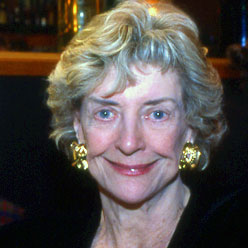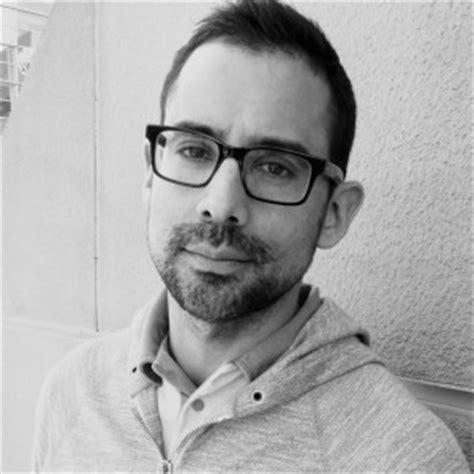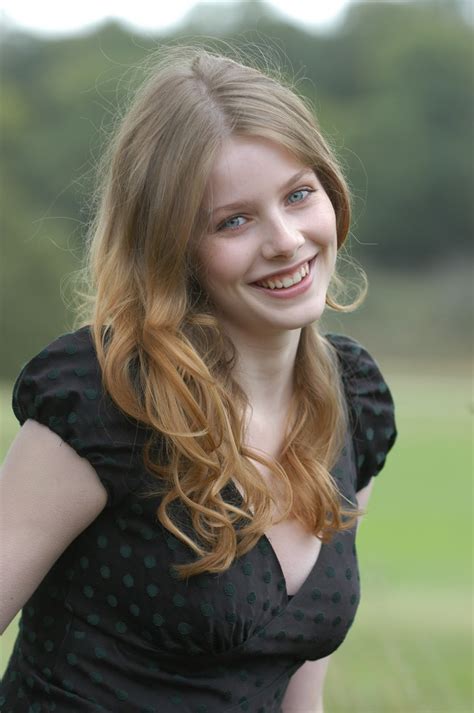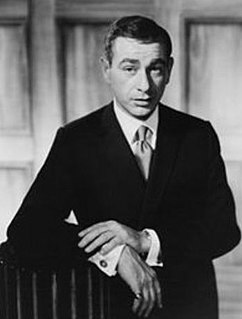A Quote by Carolyn Kizer
I didn't learn much about writing at Sarah Lawrence, but I learned a lot about the sources of poems - dreams, myth, history - from the really great teachers, Joseph Campbell, Charles Trinkhaus, Bert Loewenberg, and a young Australian anthropologist named Harry Hawthorne.
Related Quotes
I often tell people who want to write historical fiction: don't read all that much about the period you're writing about; read things from the period that you're writing about. There's a tendency to stoke up on a lot of biography and a lot of history, and not to actually get back to the original sources.
When I worked on a magazine, I learned that there are many, many writers writing that can't write at all; and they keep on writing all the cliches and bromides and 1890 plots, and poems about Spring and poems about Love, and poems they think are modern because they are done in slang or staccato style, or written with all the 'i's' small.
Maybe it's because I was named for him, but I've always wanted to meet Nathaniel Hawthorne. It's oversimplifying, but all Hawthorne's short stories and novels are, in one way or another, about guilt. Something profoundly disturbing must have happened to him at an early age. I'd like to know what that was.
I believe that this idea of story or myth or this thing that Joseph Campbell writes about is sort of an inter-connective spiritual force - like The Force in 'Star Wars' - where it doesn't matter where you were raised, or what your background is, there are certain elements of story that totally appeal to you.
I write less about alcohol, less and less and less. You 're an addict - so of course you write about the thing you love most. I loved alcohol the most, loved it more than anybody or anything. That's what I wrote about. And it certainly accounted for some great writing. But it accounted for two or three years of good writing - it would never account for 20 years of good writing. I would have turned into Charles Bukowski. He wrote 10,000 poems and 10 of them were great.
I know I'll keep writing poems. That's the constant. I don't know about novels. They're hard. It takes so much concentrated effort. When I'm writing a novel it's pretty much all I can do. I get bored. It takes months. Movies do the same thing. It's all-encompassing. It feels like I'm going to end up writing poems, short stories and screenplays.
Teachers all over the nation are doing the job they are asked to do, but one they are not really prepared to do. To teach volleyball as a physical activity that is also a positive experience. If you care about volleyball, help these teachers have fun and learn more of this great game. Teach the teachers.
I don't want to write poems that are just really clear about how I'm aware of all the traps involved in writing poetry; I don't want to write fiction that's about the irresponsibility of writing fiction and I've thrown out a lot of writing that I think was ultimately tainted by that kind of self-awareness.






































